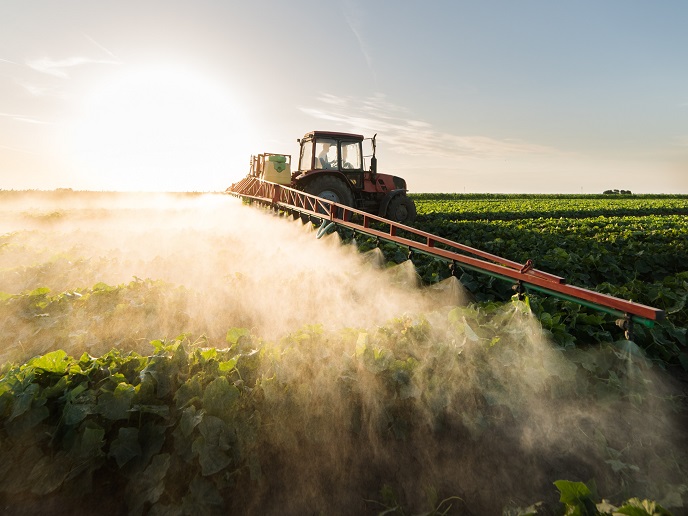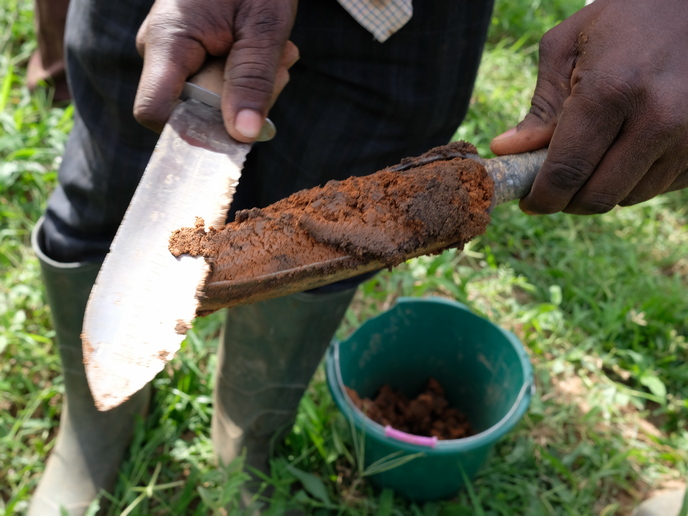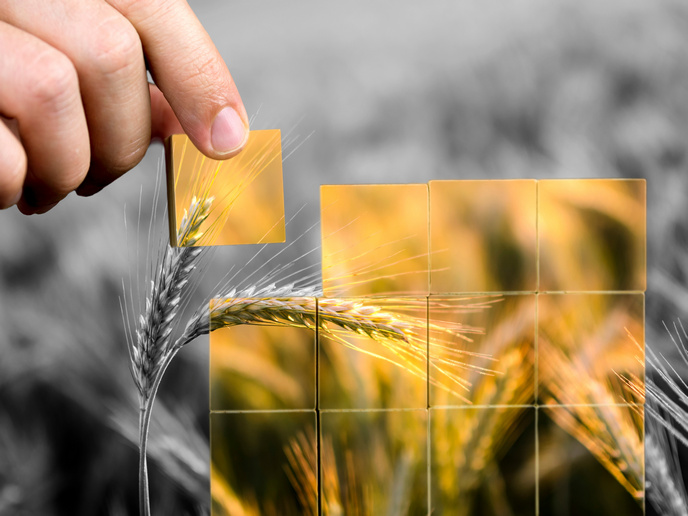Mobile technology turns organic waste into fertiliser
Anaerobic digestion(opens in new window) describes an industrial process where microbes are used to break down organic material, producing renewable biogas. At the end of the process, a nutrient- and microbe-rich material called digestate is left over. “Digestate is a liquid fertiliser that contains valuable recovered nutrients and fibre that can support crop growth,” explains NOMAD(opens in new window) (Novel Organic recovery using Mobile ADvanced technology) project coordinator Kyriakos Panopoulos from the Centre for Research and Technology Hellas(opens in new window) in Greece. “The characteristics of this digestate stem from the original feedstock source, as well as the process itself.” A key challenge is that the raw digestate still needs processing to be turned into biofertiliser products that can deliver soil benefits without harming the environment. This is not always possible for farmers or even digestion plants to achieve, as they often lack the equipment to meet necessary quality and safety standards. In addition, producing large amounts of digestate can create major management issues for small biogas plants, in terms of storage utilisation and disposal. Given that Europe’s climate, waste, energy and agricultural policies are now all oriented towards achieving circularity, overcoming these technical issues has become a matter of urgency.
Mobile solution for sustainable fertilisers
The EU-funded NOMAD project was launched specifically to address these challenges. The goal was to develop a mobile solution – equipped with all necessary technologies – in order to supply farmers directly with digestate-derived fertilisers and soil amenders tailored to their soil and crop requirements. “Our idea was to develop modular, mobile processing technology that could serve multiple plants,” says Panopoulos. “This would result in shared costs, making it more economically viable than installing systems at individual plants.” The project brought together partners from China, Greece, Italy, Malta, the Netherlands, Romania and the United Kingdom. The team began by developing innovative, small-scale tech solutions, capable of recovering fibre and specific nutrients from digestate for formulation into high-performance biofertiliser products. Each stage of the process – from pasteurisation and heat recovery through to digestate separation and nutrient recovery – was then placed onto transportable trailers. “The aim was to really unlock the potential of digestate nutrients and fibre for use in fertilisers,” adds Panopoulos. “Our flexible, modular process can be adapted to address regional challenges.”
Increasing viability of biogas plants
The NOMAD solution was successfully trialled at pilot sites in Greece, Italy, Malta and now the United Kingdom. These demonstrated the versatility of the technology in different geographical locations, climates and soil conditions. The trials also helped to identify specific digestate and regulatory bottlenecks that must be addressed. “We showed that the NOMAD process is capable of tackling a diverse range of digestates,” notes Panopoulos. “We are still testing at different biogas plants. Technically, the most difficult part of the process is solids handling, and removing these from the digestates.” The project team plans to finish up their tour of biogas plants in the United Kingdom later this year. A Life Cycle Analysis and business model are also being developed, with a view to commercialising the most promising applications. “NOMAD’s strategy could lead to pioneering changes in the way digestate is used, in line with the EU’s bioeconomy strategy(opens in new window),” says Panopoulos. “This will help to capture the full value of organic waste for local reuse, and also help to make small biogas plants more economically viable.”







